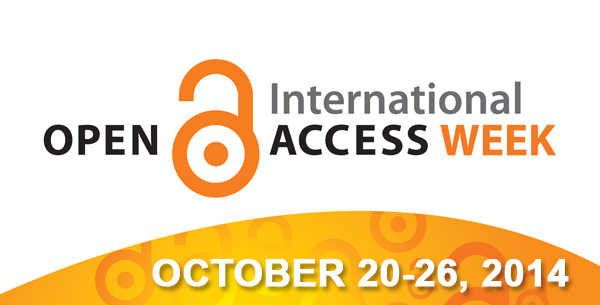
Event Title
Digital Humanities, Open Access and Scholarship in Africa
Location
University of Central Florida, Teaching Academy, room 117
Start Date
20-10-2014 2:00 PM
Description
Dr. Bruce Janz is a Professor in the Department of Philosophy at UCF, graduate faculty in the Texts and Technologies Ph.D. program, and director of the CAH Center for Humanities and Digital Research. He will speak about the importance of open access, along with the related concepts of open source and open data, in relation to doing digital humanities, and in relation to opening up scholarship and tools for use in Africa. Models of knowledge production and dissemination that restrict the free flow of information also undermine the development of tools and perspectives in the digital humanities, as this depends on the ability to access and compare data sets and existing scholarship to produce new knowledge. Similarly, restrictive models have also long kept African scholars on the sidelines as interpreters of their own cultures and places. Open access models of knowledge sharing offer the potential to level the playing field. There are still issues for Africans in an open access world - will they really get credit for the knowledge they produce? - but these issues could be addressed if African scholars are at the table as open access standards are developed.
Digital Humanities, Open Access and Scholarship in Africa
University of Central Florida, Teaching Academy, room 117
Dr. Bruce Janz is a Professor in the Department of Philosophy at UCF, graduate faculty in the Texts and Technologies Ph.D. program, and director of the CAH Center for Humanities and Digital Research. He will speak about the importance of open access, along with the related concepts of open source and open data, in relation to doing digital humanities, and in relation to opening up scholarship and tools for use in Africa. Models of knowledge production and dissemination that restrict the free flow of information also undermine the development of tools and perspectives in the digital humanities, as this depends on the ability to access and compare data sets and existing scholarship to produce new knowledge. Similarly, restrictive models have also long kept African scholars on the sidelines as interpreters of their own cultures and places. Open access models of knowledge sharing offer the potential to level the playing field. There are still issues for Africans in an open access world - will they really get credit for the knowledge they produce? - but these issues could be addressed if African scholars are at the table as open access standards are developed.